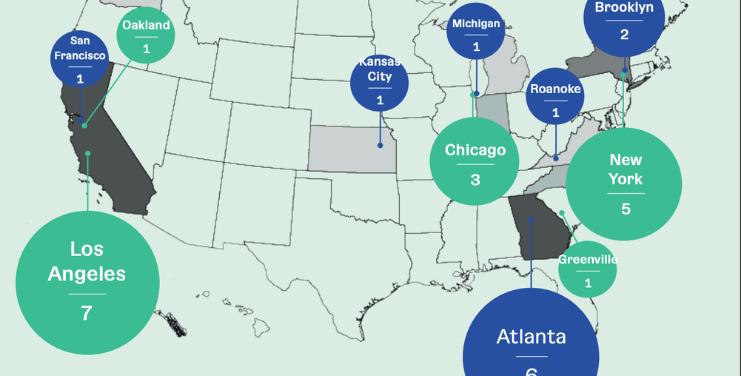Marketing consultancy firm Edelman has released its annual brand trust report, finding that 93 percent of Black consumers indicated that companies would gain their trust only after taking action in response to racial injustice, a percentage higher than any other racial group in the post-George-Floyd era. Fifty-one percent of Black respondents said they would not work for an employer who didn’t speak out against racism, compared to 40 percent of overall participants. Businesses that don’t take action to address racism will lose customers and employees, the study said. Companies must commit to a meaningful, long-term effort to drive systemic change.
Business leaders taking actions that align with leaders from underrepresented groups were especially important to Black respondents. More than any other racial group, Black employees were most ready to have their voices heard and acted upon by leadership within companies. 42 percent of Black respondents wanted CEOs to consult with Black community leaders on what an organization should do in response to racial injustice, compared to 23 percent of white respondents.
CEOs must work to combat systemic racism and promote equity both within and outside their organization, the study said. The majority of consumers support CEOs taking on an expanded role to lead societal change.
Sixty-eight percent, or about two-thirds of Black respondents, in the Edelman study, said they trust their employers to do what is right when it comes to racism, the lower level of trust among any racial group in the study. Brands that make an effort to court Black consumers take a higher market share. Last week, South Korean car brand Hyundai brought in their first African American marketing agency to reach more Black consumers, competitors like Toyota have worked with Black agencies prior and lead more sales among Black consumers. But it will take more than marketing or talking to build trust among people of color.
Consumers expect brands to do more than talk. Brands must demonstrate their commitment through substantive efforts to educate, advocate and drive change, the study said. Black respondents in the study were more likely to recognize systemic racism than other people of color and white people, 58 percent and 44 percent respectively. This suggests a continued lack of awareness around the systemic racism and structural barriers that Black people face. Continued action at the systemic level will drive change according to the study.
While employers have made progress, hiring is not enough, the study said. Systemic change requires sustained work across the organization’s culture, operations and business model.








